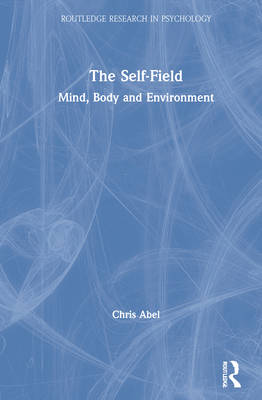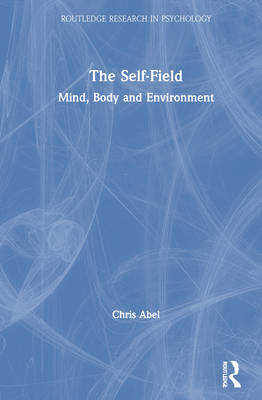
- Retrait gratuit dans votre magasin Club
- 7.000.000 titres dans notre catalogue
- Payer en toute sécurité
- Toujours un magasin près de chez vous
- Retrait gratuit dans votre magasin Club
- 7.000.0000 titres dans notre catalogue
- Payer en toute sécurité
- Toujours un magasin près de chez vous
Description
In this incisive study of the biological and cultural origins of the human self, the author challenges readers to re-think ideas about the self and consciousness as being exclusive to humans. In their place, he expounds a metatheoretical approach to the self as a purposeful system of extended cognition common to animal life: the invisible medium maintaining mind, body and environment as an integrated 'field of being'.
Supported by recent research in evolutionary and developmental studies together with related discoveries in animal behaviour and the neurosciences, the author examines the factors that have shaped the evolution of the animal self across widely different species and times, through to the modern, technologically enmeshed human self; the differences between which, he contends, are relations of degree rather than absolute differences. We are, he concludes, instinctive and 'fuzzy individuals' clinging to fragile identities in an artificial and volatile world of humanity's own making, but which we now struggle to control.
This book, which restores the self to its fundamental place in identity formation, will be of great interest for students and academics in the fields of social, developmental and environmental psychology, together with readers from other disciplines in the humanities, especially philosophy, cultural theory and architecture.
Spécifications
Parties prenantes
- Auteur(s) :
- Editeur:
Contenu
- Nombre de pages :
- 332
- Langue:
- Anglais
- Collection :
Caractéristiques
- EAN:
- 9780367002084
- Date de parution :
- 16-03-21
- Format:
- Livre relié
- Format numérique:
- Genaaid
- Dimensions :
- 156 mm x 233 mm
- Poids :
- 799 g

Les avis
Nous publions uniquement les avis qui respectent les conditions requises. Consultez nos conditions pour les avis.






